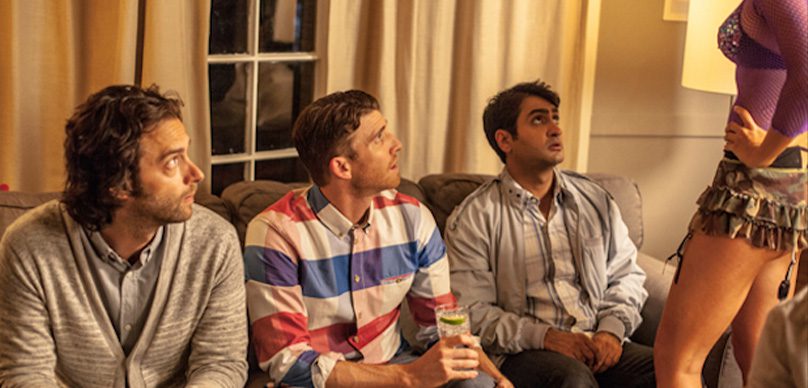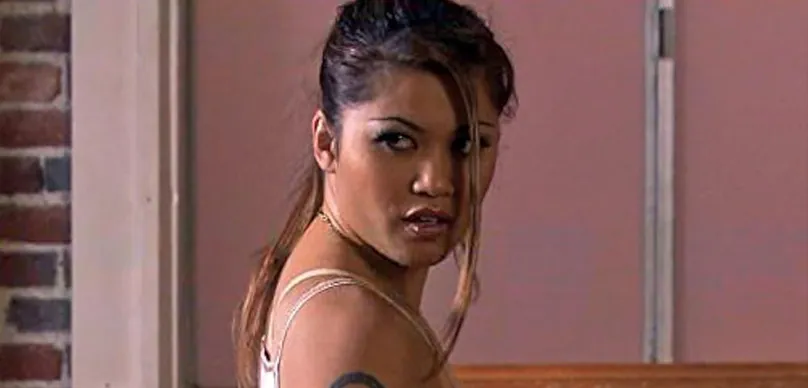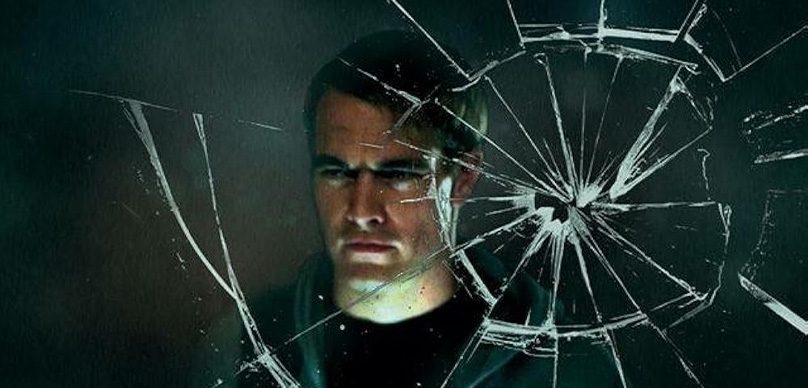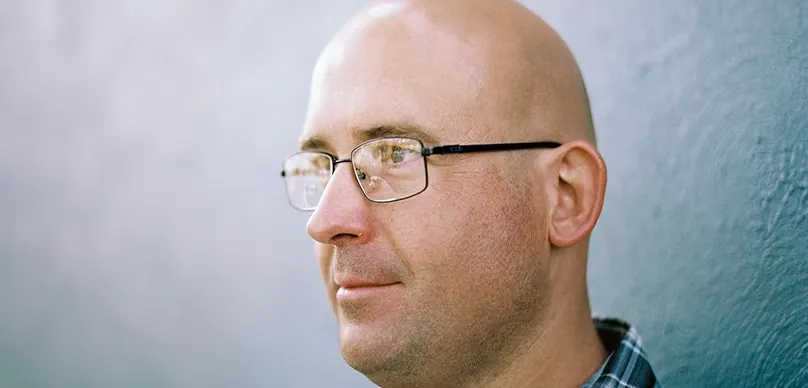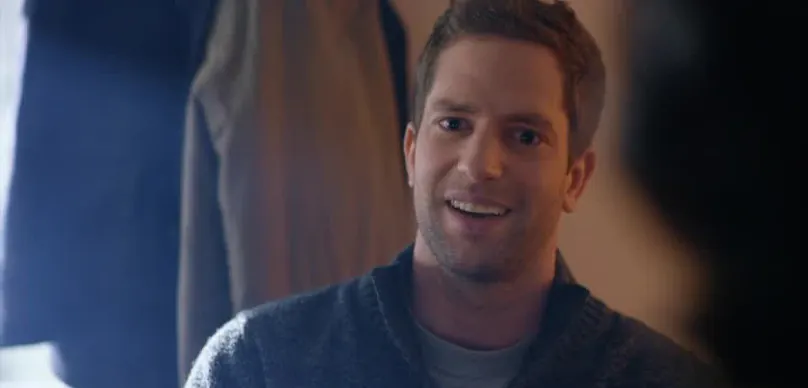On today’s episode, we dive deep into what it really takes to make movies in today’s independent film landscape with Aaron Kaufman and Brian Levin—two filmmakers who understand both the creative and business realities of modern cinema. Their conversation cuts through fantasy and wishful thinking, offering a grounded look at how careers are actually built through action, momentum, and persistence.
At the center of the discussion is the idea often referred to as the “Rodriguez List,” inspired by Robert Rodriguez’s early filmmaking philosophy. The concept is simple but powerful: instead of writing the movie you wish you could make, write the movie you can make right now. That means taking inventory of what you already have—locations, props, relationships, and collaborators—and building a story around those assets. According to Aaron, this approach doesn’t limit creativity; it focuses it. Constraints force better storytelling and smarter production decisions.
Brian’s own career reflects this philosophy. He began by creating an online comedy show in the early days of internet video, long before YouTube became a mainstream launching pad. By consistently producing content and putting it into the world, he and his collaborators were eventually discovered by an online network connected to Adult Swim. The key wasn’t perfection—it was volume, consistency, and willingness to create publicly.
Aaron brings a complementary perspective from the producer’s side, shaped by years working with Robert Rodriguez on projects like Sin City 2 and Machete Kills. One of the biggest lessons he learned was that confidence comes from repetition. Rodriguez didn’t wait years between projects—he was constantly producing, learning, and refining his craft. That same mindset, Aaron argues, applies to today’s filmmakers releasing work online. The more you create, the faster you improve, and the more clearly your voice emerges.
The conversation also tackles a hard truth about first-time filmmakers: investors are rarely excited by inexperience. Being a first-time director or producer is always a risk, no matter how long you’ve worked in the industry. That’s why momentum matters. Having a project already moving—cast attached, a start date planned, or even proof-of-concept material—changes the conversation entirely. A script is an idea. A movie in motion is leverage.
When discussing their film Flock of Dudes, Aaron and Brian explain how the project evolved through years of development, rewrites, and studio conversations before finally being made independently. Despite the challenges of producing a comedy outside the traditional studio system, they focused on protecting the emotional core of the story: real friendships, real conflicts, and relatable growth beneath the jokes. That foundation helped the film stand out in a crowded marketplace.
Both filmmakers emphasize that the modern industry no longer rewards waiting. Festivals are crowded, theatrical releases are limited, and audience behavior has changed. Today, filmmakers must think beyond just making a movie—they must think about why it exists now, who it’s for, and how it will reach them. Whether that means YouTube, VOD, or streaming platforms, the goal is connection, not validation.
Ultimately, Aaron Kaufman and Brian Levin remind us that filmmaking is not about permission—it’s about momentum. Careers are built by creating, releasing, learning, and repeating the process. If you wait for perfect conditions, you’ll never start. If you start with what you have, you might just surprise yourself with how far you can go.

